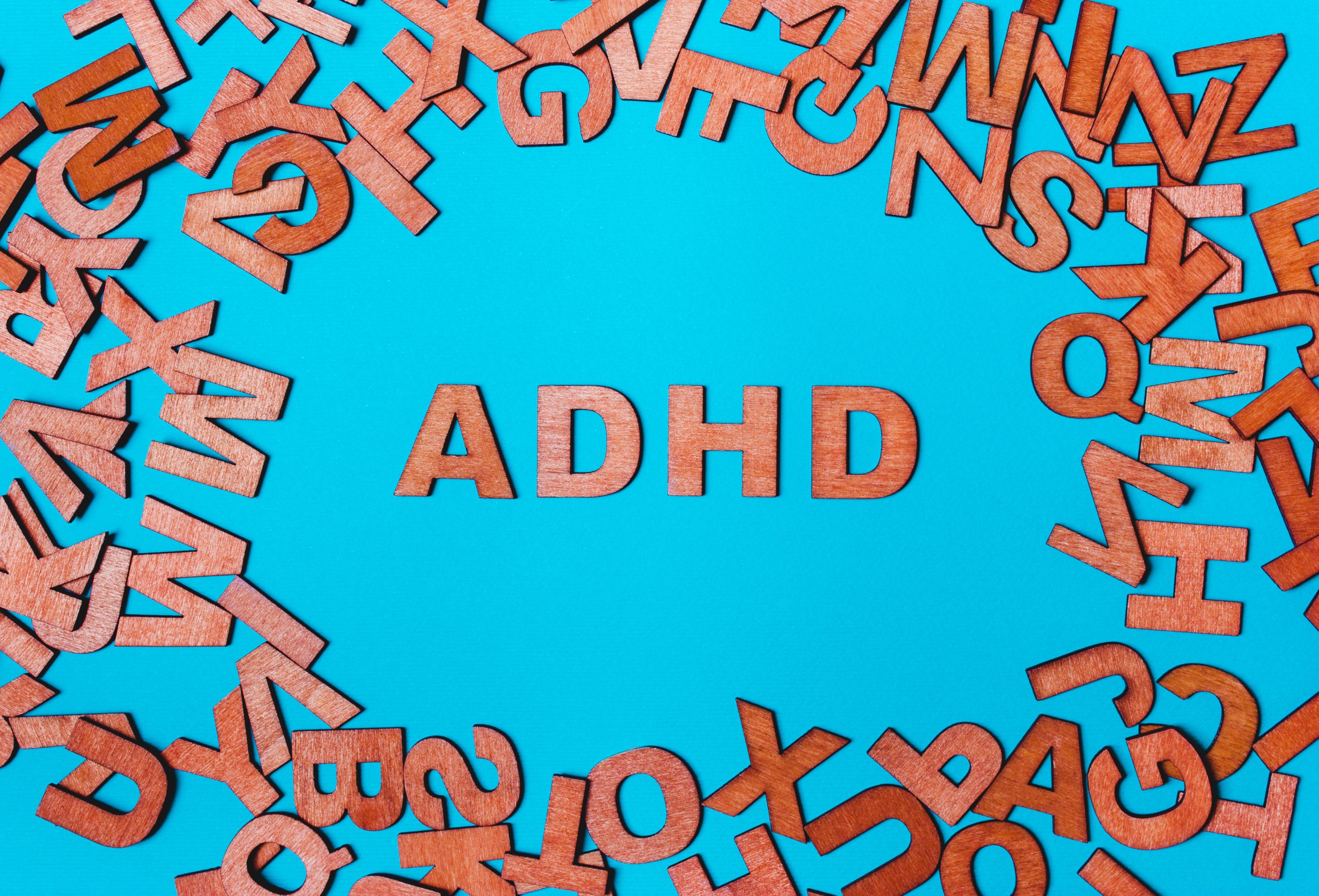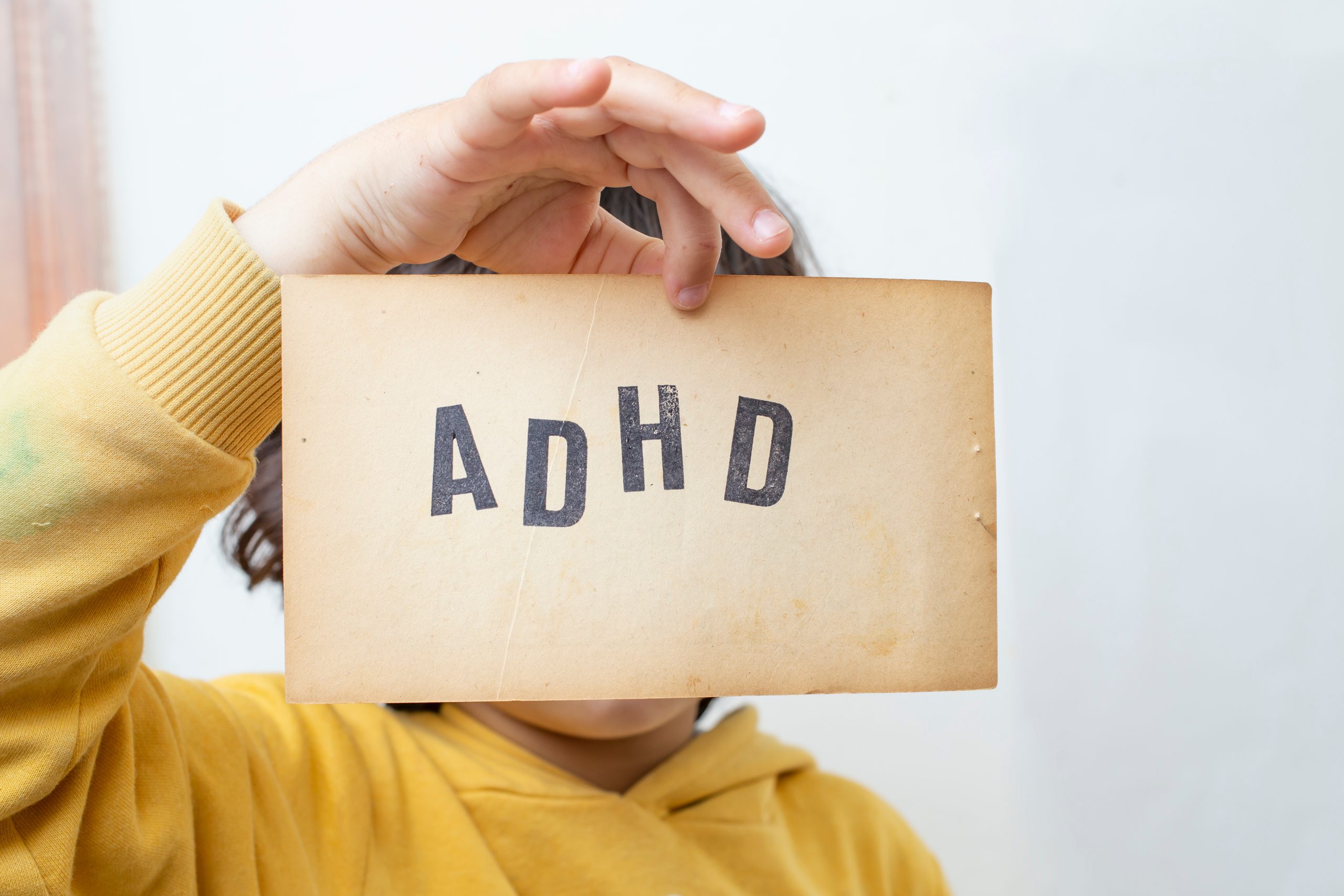When most people think of ADHD (Attention-Deficit/Hyperactivity Disorder), they imagine someone who can’t sit still or has trouble focusing. While that’s true for many, ADHD is much more than just being easily distracted or having too much energy. It’s a set of ongoing challenges that affect many parts of life—whether it’s work, school, or relationships.
ADHD mainly involves two key features: impulsivity (acting without thinking) and inattention (difficulty focusing). For those with ADHD, everyday tasks can feel overwhelming. The mind may wander even when they try to concentrate, and important details may be forgotten. The urge to move or speak without thinking can also be hard to control. These behaviors don’t just come and go—they stick around, making it harder to function in daily life.
ADHD: More Than Just Distraction
ADHD isn’t the same for everyone. Some people struggle mainly with staying focused, while others have more issues with restlessness and impulsivity. The DSM-5-TR, a guide used by psychologists, describes three types of ADHD: predominantly inattentive, predominantly hyperactive-impulsive, or a combination of both.
For children, six symptoms in one category are needed for a diagnosis, while adults need at least five. This change reflects how ADHD symptoms can change as people get older. ADHD isn’t just about being “bad at paying attention”—it’s a condition that affects how people think, feel, and interact with the world. A skilled ADHD psychologist in Melbourne will listen carefully to understand how ADHD shows up in your life and offer personalized treatment strategies.
How an ADHD Psychologist May Approach Treatment
While the medical and developmental models of ADHD are well-known, psychoanalysis offers a different approach. In psychoanalysis, ADHD can be seen as more than just a set of behaviors—it’s about how a person’s feelings and desires are connected to their experiences.
Instead of just trying to fix symptoms, a psychoanalyst might ask: What do these behaviors mean for the person? Why do they happen at certain times or with certain people? These questions can help uncover deeper reasons behind the behaviors, allowing the person to explore new ways of managing their challenges.
For example, someone with trouble focusing might not have a problem with their brain but with how they relate to the things they need to focus on. If something doesn’t seem interesting or meaningful, it’s hard to stay engaged. But life often requires us to pay attention to things, even if we don’t find them exciting. For someone with ADHD, this can feel especially difficult.
The Role of Impulsivity and Self-Regulation
Impulsivity, a big part of ADHD, can be seen as a struggle with controlling urges and actions. This isn’t just about a lack of self-control—it’s about having strong urges that are hard to manage without support from the social structures around us, like rules and expectations. These structures help guide behavior and allow people to function in society.
For someone with ADHD, these rules can feel harder to follow, leading to more impulsive actions and difficulty regulating behavior. This way of understanding ADHD can help a person move past simply managing symptoms and focus on what’s really driving their behavior. A qualified ADHD psychologist in Melbourne can help individuals recognise these patterns and develop strategies for self-regulation.
The Bigger Picture of ADHD

An ADHD psychologist might look at more than just managing symptoms—they might help you understand the deeper reasons behind the behaviors. By exploring your personal experiences and your relationships with others, therapy can help you learn more about your own needs and desires. This deeper understanding can be a powerful tool for making changes and living a more fulfilling life.
If you’re living with ADHD and looking for support in Melbourne, an ADHD psychologist can help. Through a thoughtful, personalized approach, therapy can help you gain insight into your ADHD and find new ways to cope with challenges while improving your overall quality of life.
